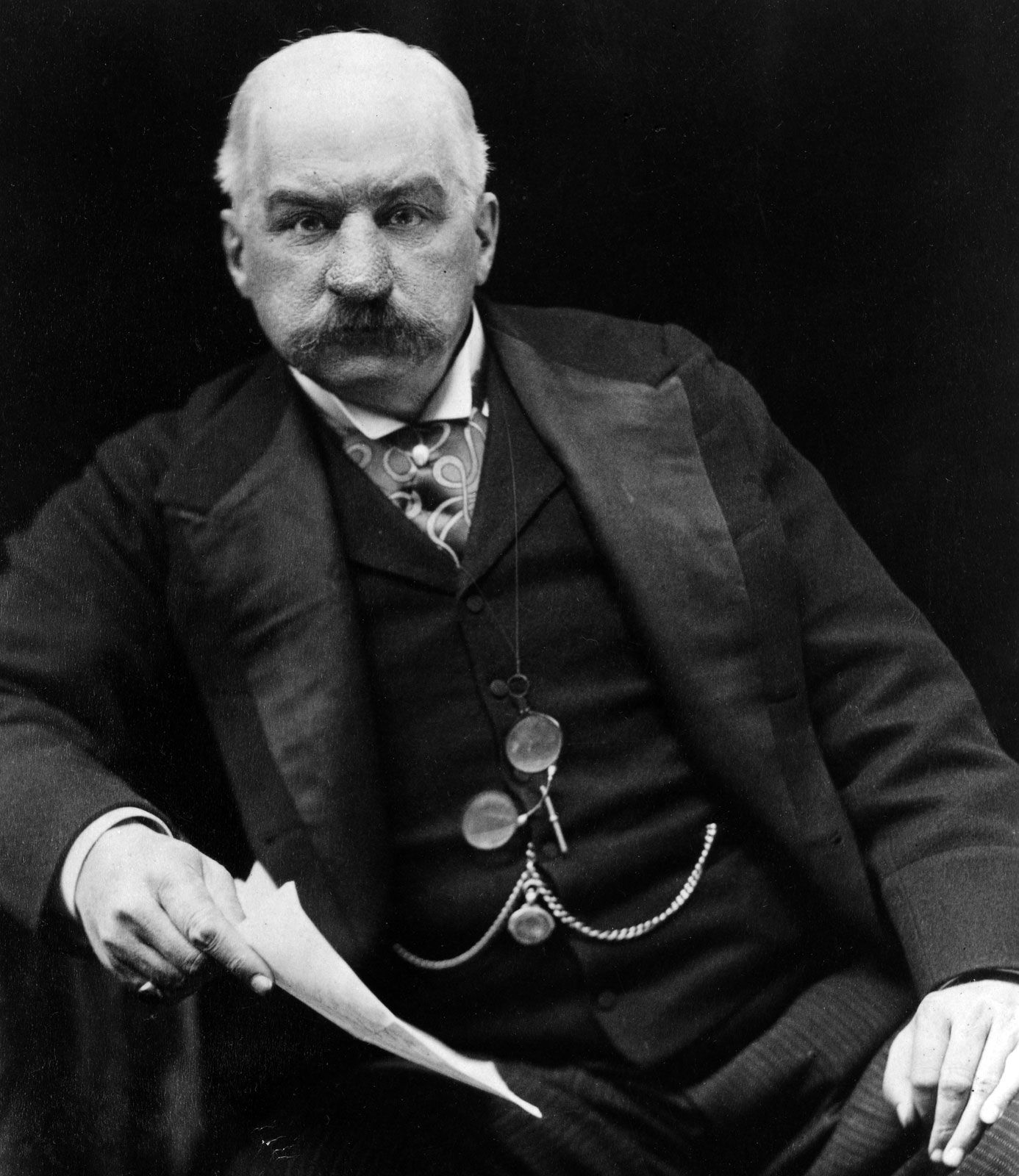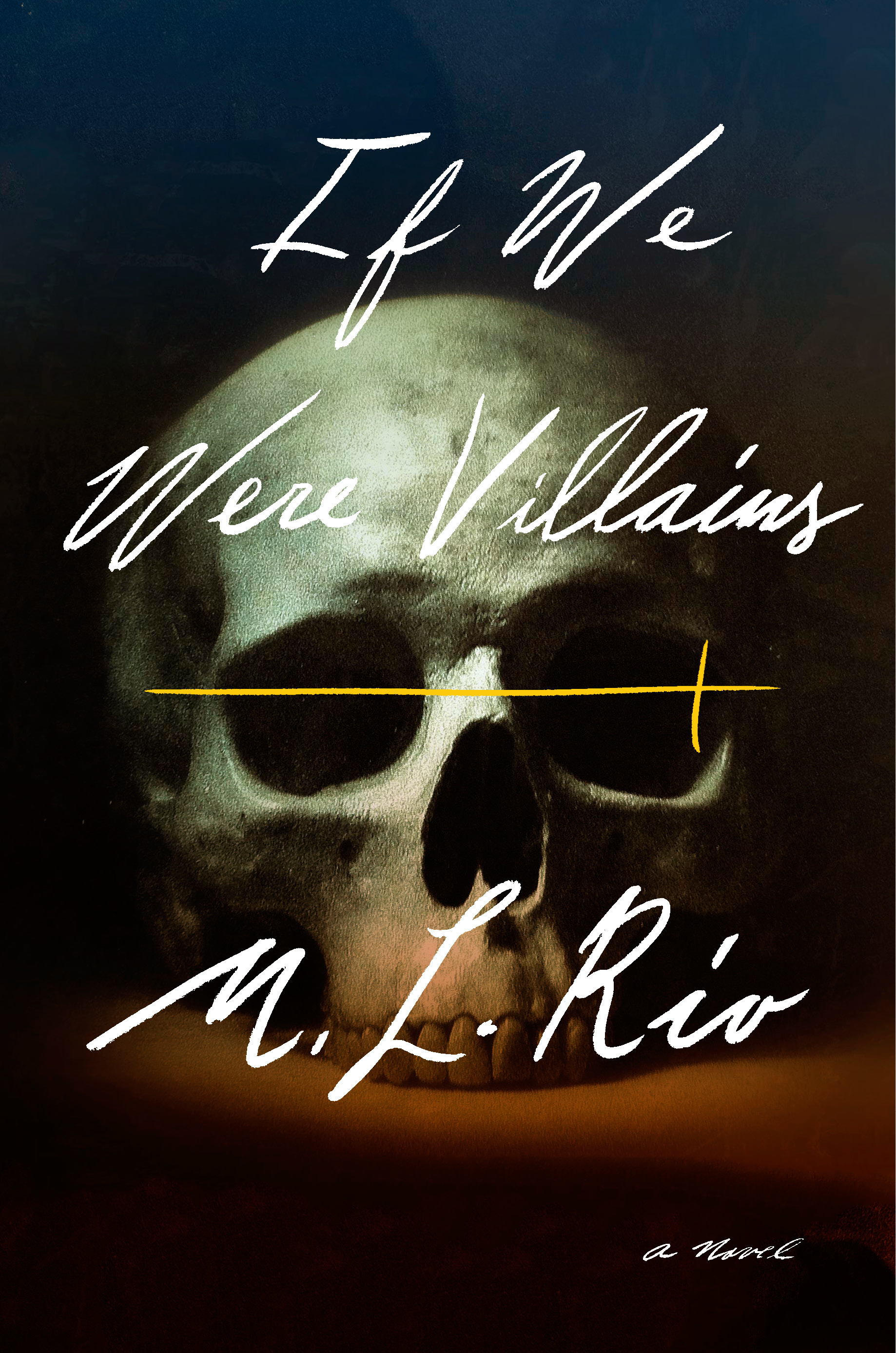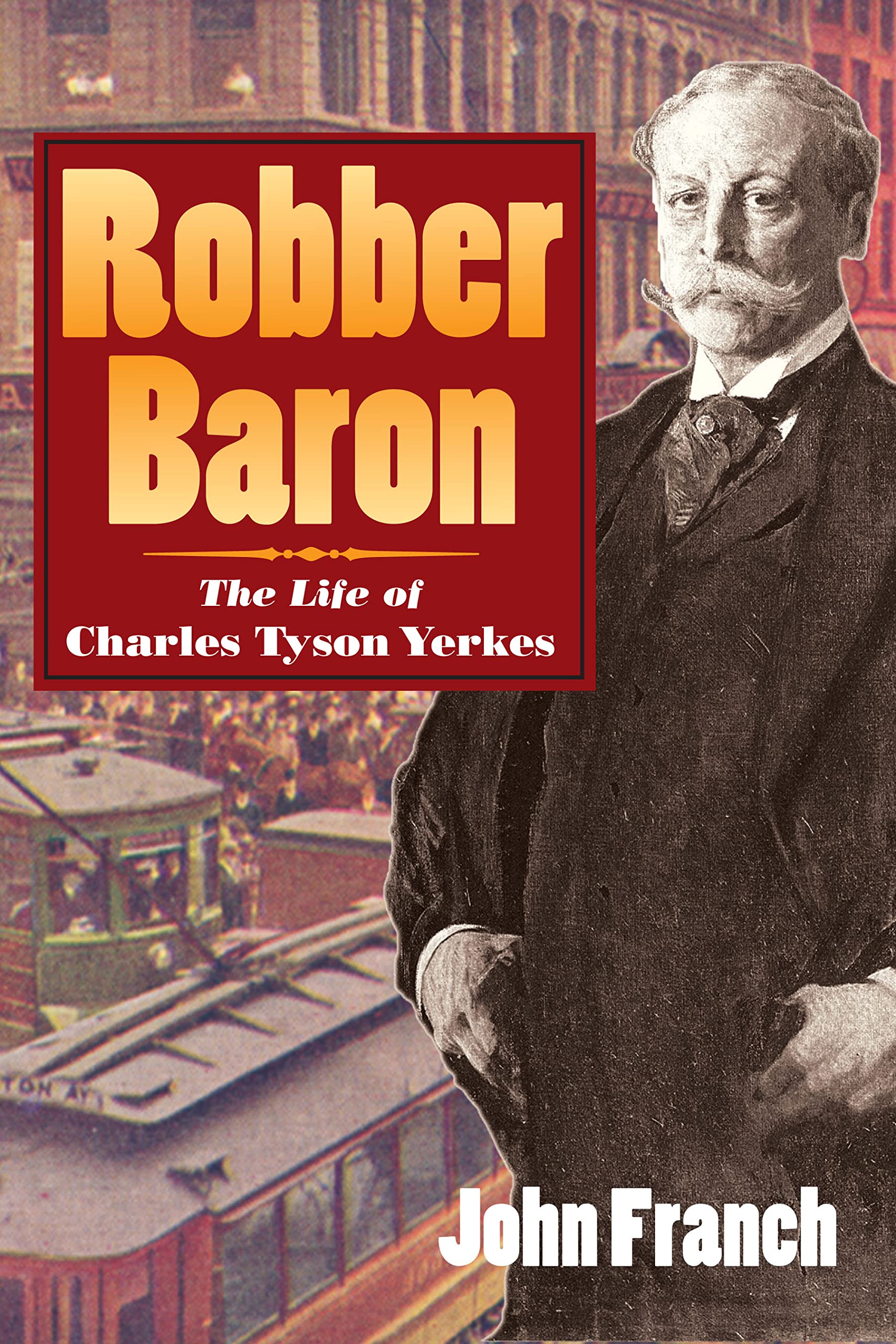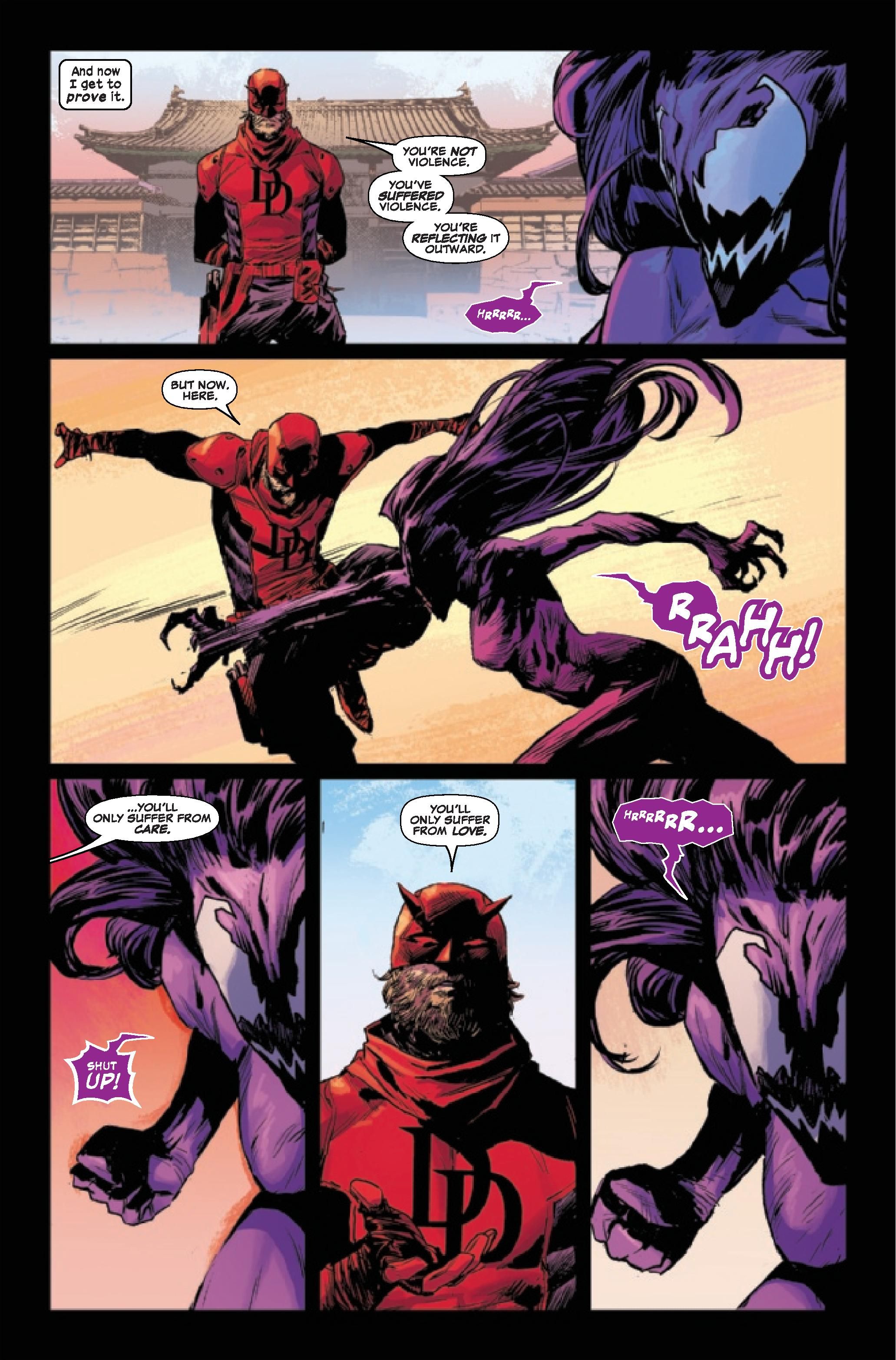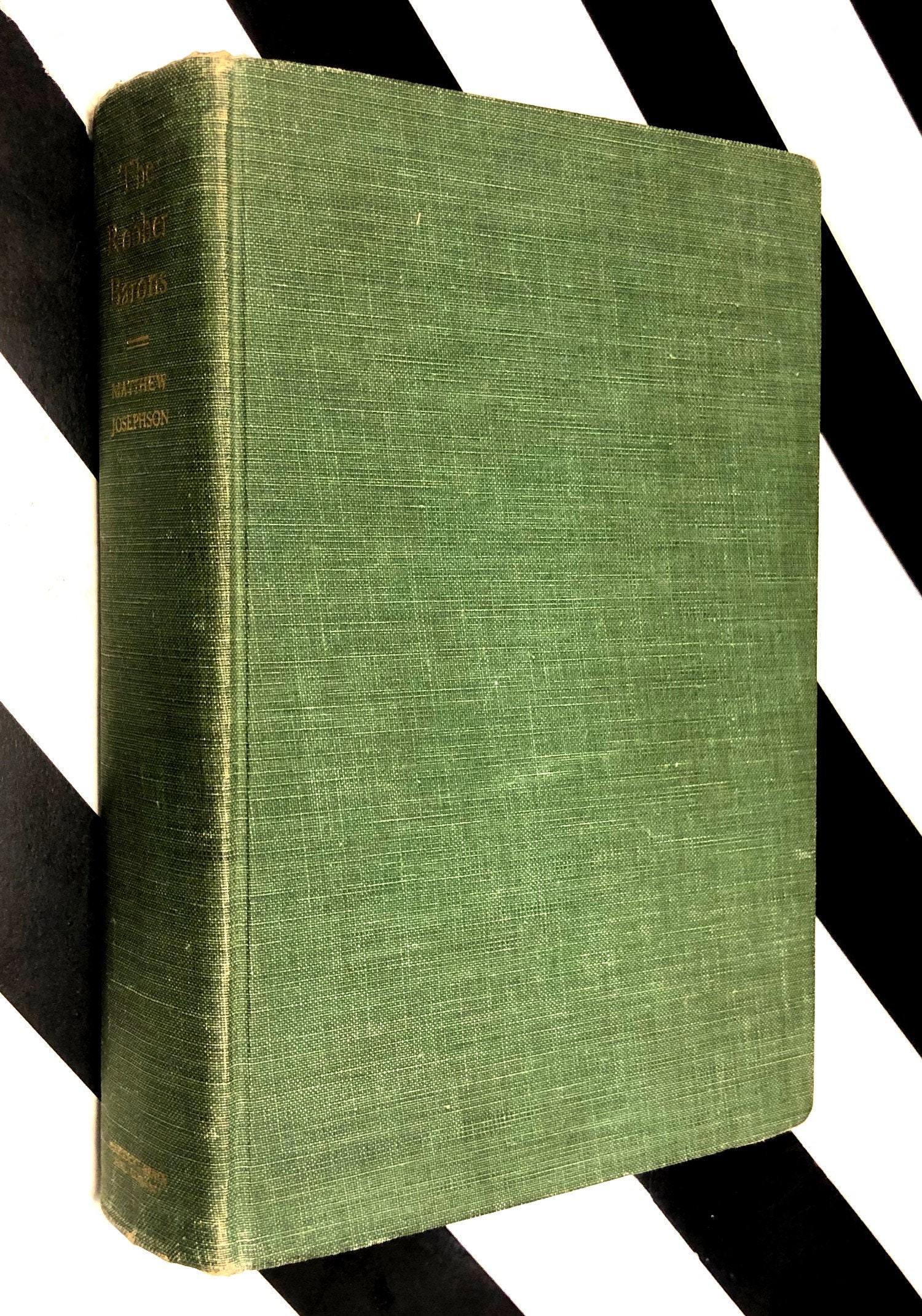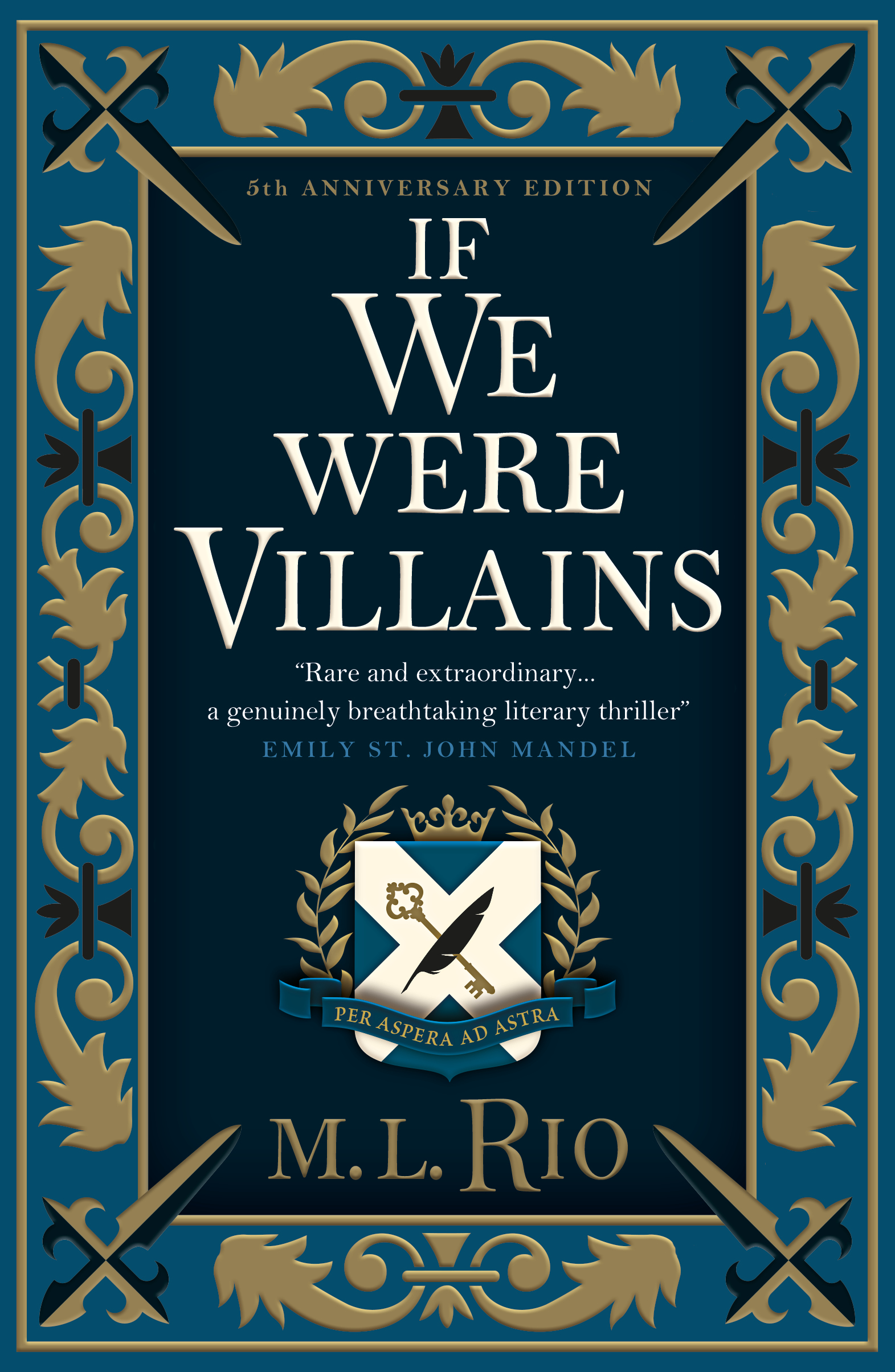Keep practicing, and soon you’ll be using “was” and … · were, were, and where sound similar but have different meanings and uses in sentences. “were” correctly in sentences. Just remember, “was” for one person or thing (singular), “were” for more than one (plural), and “were” for those magical ‘if’ moments. Use were for past tense, were as we are, and where for location. Were, what’s the difference? · try our interactive games to practice was and were (simple affirmative sentences), was and were in questions (simple questions), to be in the past tense (mixed) and was … · learn how to use “was” vs. Explore the difference between “was” and “were” and whether to say “if i was” or “if i were. ” / wɝː / / wɚ / add to word list past simple of be (definition of were from the cambridge advanced learners dictionary & thesaurus © cambridge university press) · the word were (pronounced [ wur ]) is a past tense form of the irregular verb be that is used with plural subjects (the cupcakes were delicious) and the pronouns you and they … Much of the confusion lies in when to use was versus were, which are the past tense forms of to be. The answer all depends on two factors:
Were The Robber Barons Truly Villains? A Shocking Re Evaluation
Keep practicing, and soon you’ll be using “was” and … · were, were, and where sound similar but have different meanings and uses in sentences....

